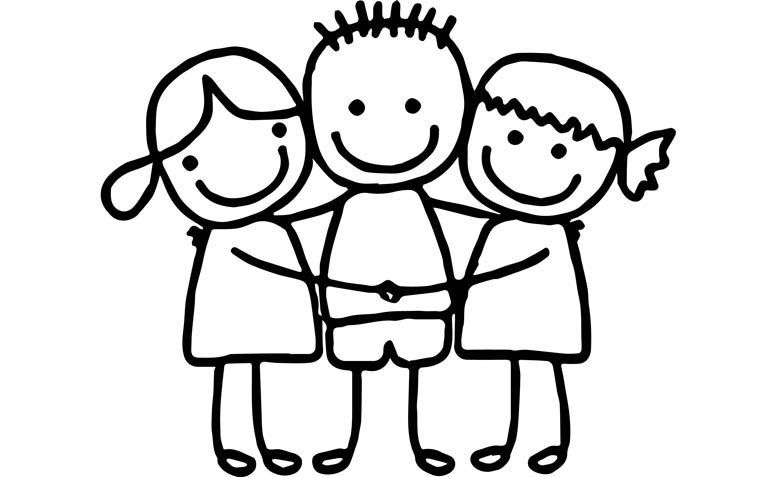
Keeping ourselves to ourselves perpetuates loneliness, so direct your energies outwards, make yourself useful

‘Lonely in a crowd’ is an experience many of us have come across. We can initiate a conversation but many a times the fear of exposing more of us than we want to and the thought of somebody getting intimate with us, frightens us. While communicating our thoughts and listening carefully to others gives way to meaningful conversation, most of us are evasive.
I know people who laugh off everything. They even prevent their children from having a sensible conversation with people other than their parents and siblings. They have internalized the fear that they will be hurt more often than not and have constructed a wall around themselves that others find difficult to get past. Actually, they are lonely. Such people need encouragement to cultivate positive thinking.
Then there are those who have gone through broken marriages and abortive relationships. They too erect walls around them but the way to a happier life lies in forming meaningful relationships. We should never give up on that. Society should encourage single persons to remarry, at all times. We all need companions. It improves the quality of life.
Forgiveness and gratitude are two traits everyone should cultivate to appreciate the people in our lives, be grateful to them and to count our blessings. Shukr (thanks) is an Arabic word. It is a verb which means ‘do something to say you are thankful’ - be kind with words and behave well at least.
Keeping ourselves to ourselves perpetuates loneliness. The key to fight off loneliness is to direct our energies outwards, extend ourselves and our services. Remember, when we were children, we read this story of how to make a friend. We learnt, ‘to make a friend be one’; reach out to someone, lend a helping hand, do something for someone. You will not be lonely that way.
Make yourself useful. I remember the lady in my old mohalla who would be alone at home most part of the day but had regular visitors morning and evening. She served meals twice a day to two old people. They could be spotted sitting in the green patch next to her gate at 8am and after Asr prayers. She was happy to feed the hungry and destitute. Asked once how she found them, she said, ‘there are so many of them. You don’t have to find them’. She was always looking for ways to make herself useful. Mothers in the vicinity knew they could send their little ones to her for homework, grooming and above all learning. By 3pm her lounge would fill with children of different age groups. This rendered her popular among the neighbours.
One day I went to enquire about someone ill in the neighbourhood and saw another neighbour come there with a bowl of soup for the patient. I learnt she brings the morning meal routinely which is much appreciated by the lady of the house who has to cope with many things with her home-bound husband.
Also read: Editorial
Old people have been found to be most lonely. Everybody needs a change of scenery, a break in routine, so long as we are there in this world. When we take our elders out to meet relatives and friends we do them much good. Inviting old relatives over to stay at our place is also a welcome gesture. When we were little children I remember my great grandmother would visit the neighbours in the lane to enquire about them. She would always take interest in children’s activities and remained active and helpful till the end. No one heard her complaining. Those who have cultivated a hobby are less lonely.
Young people too are susceptible to loneliness. When they stick to their gadgets and do not communicate with real people or have a healthy activity, they actually become lonely. All little children love to play, then how come they stick to the wall as they grow older. Parents beware -- don’t let your children slip into idleness. Encourage them to play some sport, develop new skills and participate in activities as opportunities arise.
People living under one roof normally share their stories of the day. If you don’t, make it a habit. Encourage your children to give you a report of the day and you also share with them and your spouse, parents and parents-in-law -- whoever is living with you. Listening is also very important. We feel light at heart when we are able to express ourselves and help our loved ones express themselves. This creates a culture of staying informed about each other and actually, one of caring. Strengthen your bonds with the people in your lives.